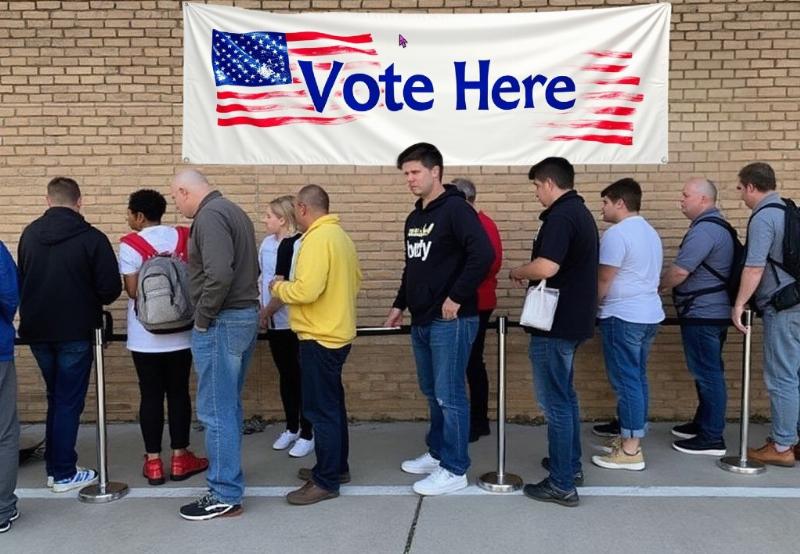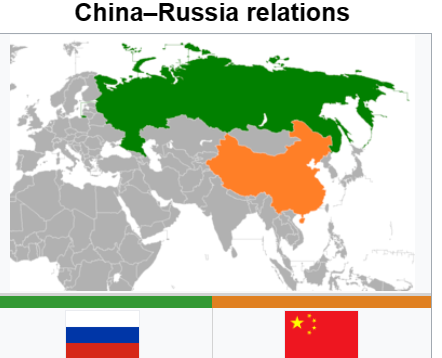A no-brainer for sure, the rating of 89 is that the Dutch monster is one of the top defenders in football. And his statistics on FC 25 reflect this. As imposing on the ground as anyone and his speed, strength and defensive posture ensure that every attack is ripped to pieces around him. Speed of 88 sprints and strong 92 make VVD an athletic freak with 90 interceptions. defensive awareness of 92 along with 92 standing tackle indicate VVD is an expert at reading the game and could walk into any team.
Alongside Van Dijk at the back Van Dijk is joined by Joe Gomez. While boasting a lower score over Joel Matip, Gomez has an impressive pace, with an 85 sprint speed. This means that he's able to keep up with strikers who are fast and can track the deadly central runs. While he boasts average defensive statistics however, his speed alone can get him in the team ahead of Matip who is too slow to play in such a fast-paced game such as FC 25.
The final player to be defended the defense is Trent Alexander-Arnold. The 18-year-old Englishman is a master of passing and his 92 cross-field with 90 long passing statistics make it possible for him to pick massive long balls and score lots of assists. Although not the fastest fullback, with only a speed of 78. Trent makes up for the slowness in his overall ability and similar to Robertson to the opposite side his versatility and speed of thought as well as the speed of his attack highlight the efficiency of his game in the forward direction.
In the midfield, starting off is a player that could easily be a center-back should it be needed. With defensive statistics such as the 88 interception rate and 86 defense awareness the Brazilian can break up attacks and guard the back line without difficulties. Physically, his stamina of 88 is essential as he'll be able to do a lot of work perform defensively. However, his strong passing also allows him to shoot balls forward and create attacks, and his high work rate defensively ensures he can return whenever needed.
The next player to watch will be Jordan Henderson. He is rated 84 and has not having any stats that exceed 90. Henderson is missing a bit of the glitter that's been sprinkled over the players who are more flashy. However, if hardworking, solid and tough midfielder play is what you need Look at this player. With no real weaknesses in any area and a great fit for the box-to-box position and can link attack and defense superbly, and is sturdy and reliable midfield.
Alongside Henderson and rounding out the midfield trio The other midfielder is Thiago. Thiago is a Spaniard is rated 86 in FC 25 that is composed of 90dribbling and 91 agility and 90 stability, making him a formidable player on the ball. While his strength is 59. which implies that he isn't able to win the physical fight but the ball is attached to his boot when moving, which means he is able to get out of the tightest of spaces. The other benefit is the five-star skills that make playing Thiago an absolute blast for those who enjoy to slam tricks and add a touch of spice to their build-up.
The left wing of the team is a player who has moved to Bayern Munich in the real world. For those who love Liverpool In FC 25 he's still at Anfield and could be the first name to appear on the team's sheet. With four-star capabilities as well as a weak foot that is four stars and 91 speed, Mane is almost unplayable in wide areas. He's also able to slash over defenders with his raw speed or take them down with footwork. If he's on the field Mane's 86-percent finishing rate means he doesn't skimp on his lines and is able to assist teammates by cutting balls back and forth across the the goal.
The other wing views the Egyptian the King Mo Salah as another easy option when playing alongside Liverpool. Like Mane the speed shooting, dribbling and shooting stats are top-quality and the moment the striker gets on his deadly left foot, it's almost certain to score. Similar to center-forwards, Salah's finishing ability is comparable to most attackers, and his 91 position means you'll always be on the receiving end of through balls or crosses and is ready to strike whatever is in the box.
We also have the false nine or the deep-lying forward position. While Roberto Firmino has been a central figure in the Liverpool team of recent times however, the arrival of Diogo Jota has offered an outstanding option for the top position for the Anfield team. Alongside 85 dribbling and 85 finishing Jota's speed of 87 and five-star weak foot which allows him to join the team before Firmino. He's able to slash through long balls and get around the defenders, whether scoring himself or serving as the two top players on the wing.
Best EA FC 25 Coins shop is MMOexp.com.
A no-brainer for sure, the rating of 89 is that the Dutch monster is one of the top defenders in football. And his statistics on FC 25 reflect this. As imposing on the ground as anyone and his speed, strength and defensive posture ensure that every attack is ripped to pieces around him. Speed of 88 sprints and strong 92 make VVD an athletic freak with 90 interceptions. defensive awareness of 92 along with 92 standing tackle indicate VVD is an expert at reading the game and could walk into any team.
Alongside Van Dijk at the back Van Dijk is joined by Joe Gomez. While boasting a lower score over Joel Matip, Gomez has an impressive pace, with an 85 sprint speed. This means that he's able to keep up with strikers who are fast and can track the deadly central runs. While he boasts average defensive statistics however, his speed alone can get him in the team ahead of Matip who is too slow to play in such a fast-paced game such as FC 25.
The final player to be defended the defense is Trent Alexander-Arnold. The 18-year-old Englishman is a master of passing and his 92 cross-field with 90 long passing statistics make it possible for him to pick massive long balls and score lots of assists. Although not the fastest fullback, with only a speed of 78. Trent makes up for the slowness in his overall ability and similar to Robertson to the opposite side his versatility and speed of thought as well as the speed of his attack highlight the efficiency of his game in the forward direction.
In the midfield, starting off is a player that could easily be a center-back should it be needed. With defensive statistics such as the 88 interception rate and 86 defense awareness the Brazilian can break up attacks and guard the back line without difficulties. Physically, his stamina of 88 is essential as he'll be able to do a lot of work perform defensively. However, his strong passing also allows him to shoot balls forward and create attacks, and his high work rate defensively ensures he can return whenever needed.
The next player to watch will be Jordan Henderson. He is rated 84 and has not having any stats that exceed 90. Henderson is missing a bit of the glitter that's been sprinkled over the players who are more flashy. However, if hardworking, solid and tough midfielder play is what you need Look at this player. With no real weaknesses in any area and a great fit for the box-to-box position and can link attack and defense superbly, and is sturdy and reliable midfield.
Alongside Henderson and rounding out the midfield trio The other midfielder is Thiago. Thiago is a Spaniard is rated 86 in FC 25 that is composed of 90dribbling and 91 agility and 90 stability, making him a formidable player on the ball. While his strength is 59. which implies that he isn't able to win the physical fight but the ball is attached to his boot when moving, which means he is able to get out of the tightest of spaces. The other benefit is the five-star skills that make playing Thiago an absolute blast for those who enjoy to slam tricks and add a touch of spice to their build-up.
The left wing of the team is a player who has moved to Bayern Munich in the real world. For those who love Liverpool In FC 25 he's still at Anfield and could be the first name to appear on the team's sheet. With four-star capabilities as well as a weak foot that is four stars and 91 speed, Mane is almost unplayable in wide areas. He's also able to slash over defenders with his raw speed or take them down with footwork. If he's on the field Mane's 86-percent finishing rate means he doesn't skimp on his lines and is able to assist teammates by cutting balls back and forth across the the goal.
The other wing views the Egyptian the King Mo Salah as another easy option when playing alongside Liverpool. Like Mane the speed shooting, dribbling and shooting stats are top-quality and the moment the striker gets on his deadly left foot, it's almost certain to score. Similar to center-forwards, Salah's finishing ability is comparable to most attackers, and his 91 position means you'll always be on the receiving end of through balls or crosses and is ready to strike whatever is in the box.
We also have the false nine or the deep-lying forward position. While Roberto Firmino has been a central figure in the Liverpool team of recent times however, the arrival of Diogo Jota has offered an outstanding option for the top position for the Anfield team. Alongside 85 dribbling and 85 finishing Jota's speed of 87 and five-star weak foot which allows him to join the team before Firmino. He's able to slash through long balls and get around the defenders, whether scoring himself or serving as the two top players on the wing.
Best EA FC 25 Coins shop is MMOexp.com.













